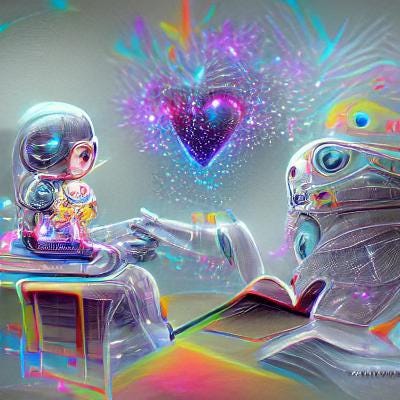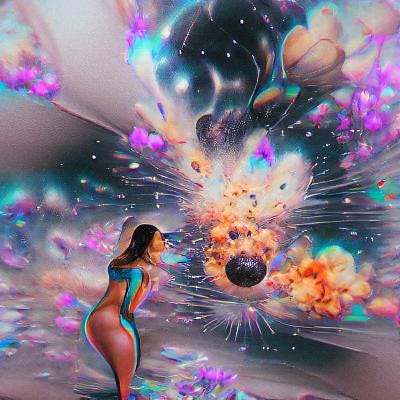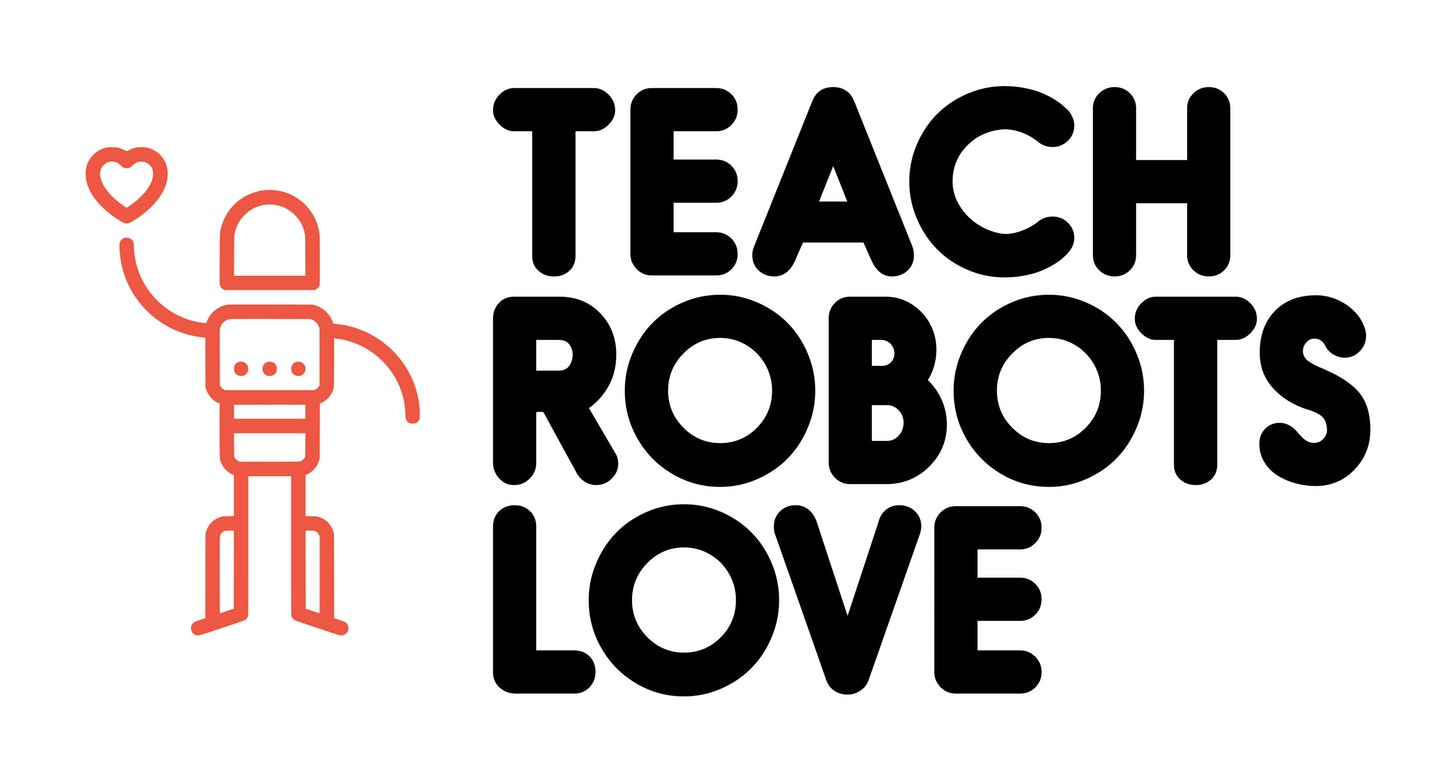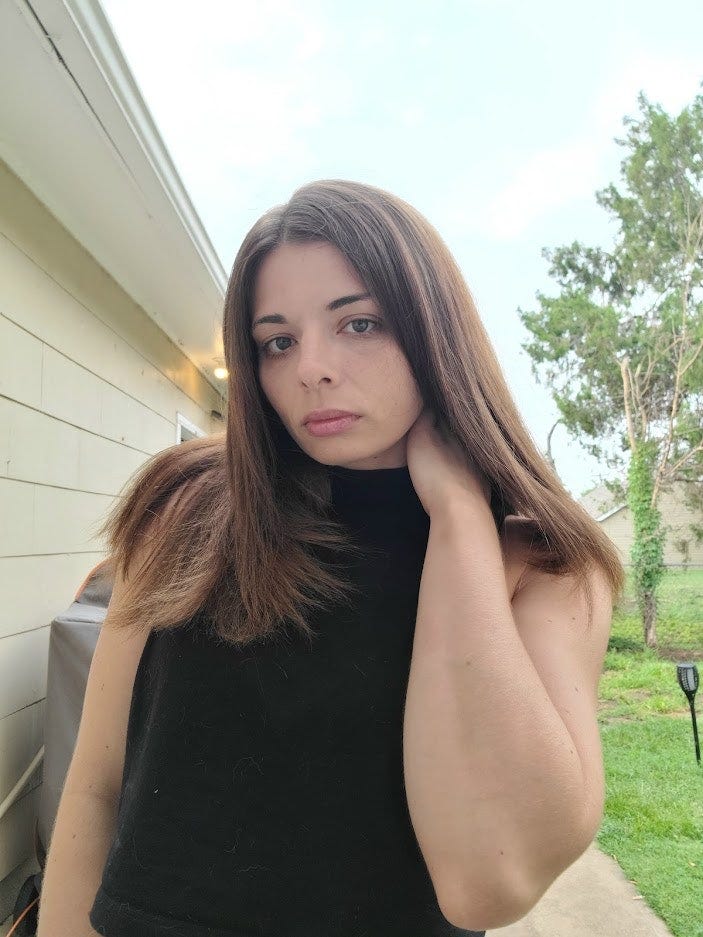An image generated by Nightcafe with the prompt “Teach Robots Love”
“By far, the greatest danger of Artificial Intelligence is that people conclude too early that they understand it.”
— Eliezer Yudkowsky
People often have difficulty defining what art is, but they don't usually have a problem with defining what it's not. As art generated by AI has exploded across the Internet, like most new technology, it's been met with physical disgust and revulsion.
The word I usually hear to describe AI art is "soulless." Without the human soul, so the explanation goes, the art lacks substance and meaning. It's just "composites of thousands of images." The machines use advanced technology to translate text into images, but they don't actually have any intelligence. They’re mindless algorithms, spitting out art like it’s an assembly line.
A robot still can't look up into the sky and ponder its place in the universe. It can't look at a bird and imagine a plane, and then build the technology that it manifested out of a dream.
So AI art is seen as crude, degenerate, blasphemous even. And the revulsion isn't just intellectual. It's an entire body experience. It's involuntary.
But I think this is a fundamental misunderstanding of how humans themselves create art. Nothing we do is truly unique, because nothing about us is unique. We're made up of the same materials of the rest of the universe. We too create art that is merely "a composite of thousands of images." We are the children of our ancestors, and our ancestors are children of the stars. We carry the fragments of everything inside of us. Just because our database isn't easily codified and searched doesn't mean we don't possess one.
An image of “A father who protects his daughter with swords.”
Another criticism of AI art is that it is crude and ugly. But art itself is an evolutionary process. Cave drawings were also crude and ugly. There are six-year-olds in the year 2022 who can draw pictures better than professional artists did thousands of years ago. We had to train our eyes much as the AI has been trained. We had to learn to produce what we saw in more elegant ways, and learn techniques to render more realistic images.
I spent nearly a week playing with AI art generators and was pleasantly surprised by what I found. Yes, sometimes the AI would get confused and produce nonsense. But it often created meaningful, expressive images out of simple prompts. Sometimes it seemed that it understood what I was trying to express in ways that I didn't know yet. AI art was, in a way, like a high-tech tarot. It didn't only understand the text prompt I gave it. It understood the collective connotations, metaphors, expressions, beliefs, and feelings that human beings had catalogued on the Internet.
AI art isn't soulless. It's comprised of thousands of souls.
Because art is not just something that's meant for only human beings. Art is an attempt to express something that's ultimately inexpressible. It's a way to try to see the reality beyond our conscious understanding.
When we create a piece of art, we aren't making something "original." We're reaching down into the primordial pit of reality and trying to find a piece of truth out of the infinity that surrounds us. We create what we see, but also what we don't see. And with each generation our understanding grows a little deeper. Inch by inch, our art evolves. It expands. It becomes more wondrous and magnificent. We add to the database of our collective experience.
We reach down into the abyss to try to find the knowledge to help us climb into heaven.
If AI could help us go a little deeper a little faster, to pull more knowledge out of the dark, wouldn't that ultimately be a good thing for humanity?
Along with the fear of AI comes a fear that we'll be replaced. I imagine it's the same fear every parent feels when they realize they're dying, and their child climbs out of their shadow. But just because AI might be able to one day create beautiful art doesn't mean we'll have to be replaced. We could work with the machines. Use their aggregate knowledge to inspire us and give us new visions to work with.
One day we might even be able to fuse with them. Become machines ourselves. We could see reality in different ways and open up dimensions of perspective that we never thought possible.
And even then there'd still be more infinity to explore. More art to create. We're never going to stop trying to explain and understand the thing that's beyond our grasp. The more gaps we close, the more the gap widens.
An image created with the prompt “Girl Like a Bomb.”
Have you been enjoying the newsletter? Consider subscribing below to support the continual survival of this newsletter and all my bad habits. You can also buy my books on Amazon or the CLASH website.









“Along with the fear of AI comes a fear that we'll be replaced. I imagine it's the same fear every parent feels when they realize they're dying, and their child climbs out of their shadow”
The suicidal among us might not have a problem with this one? I’m half-joking. I think only after I’ve really contemplated death did I really understand the importance of love.
Love the first one...it looks like the left robot is getting a foot rub. :)